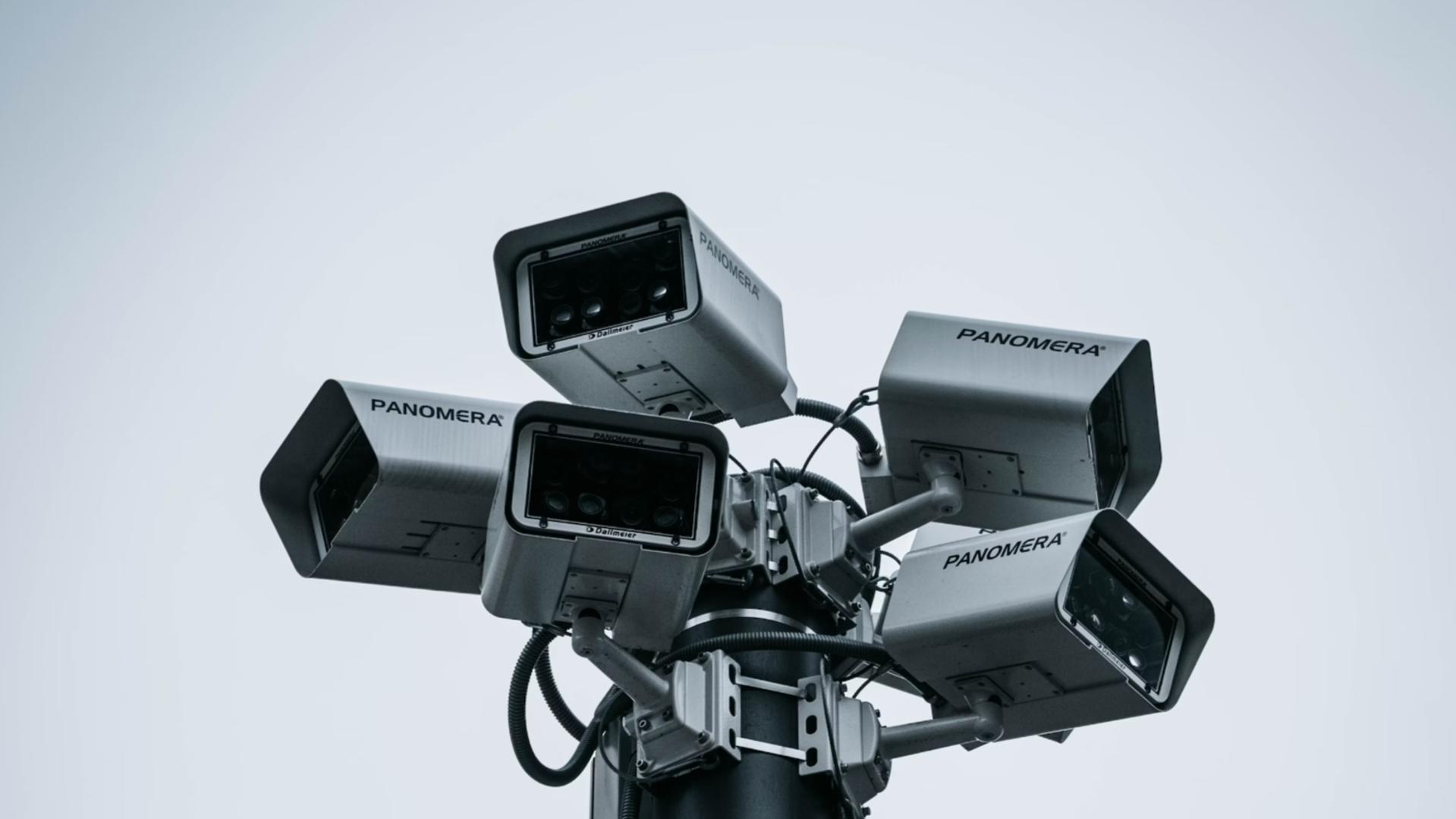
Governments compel banks to report your activities, deem whether you appear suspicious, and shut down your accounts if you deviate from the standard. How? It traces back to 1970. President Richard Nixon had not yet been uncovered surveilling his political adversaries. Rather, Oct. 26, 1970 is significant as the day President Nixon enacted the Bank Secrecy Act, laying the groundwork for a new era of financial oversight.
Since then, the American populace has endured 55 years of expanding financial surveillance. Congress should prevent the Bank Secrecy Act from reaching its 56th anniversary — at least not in its existing format.
Commonly referred to as “the BSA,” the Bank Secrecy Act was initially implemented out of concerns that the surge in air travel during the late 1960s would result in Americans concealing their wealth in Swiss bank accounts. While the validity of that concern is debatable, Congress approved the legislation, mandating banks to maintain records on clients and report specific transactions.
The most notorious of these reports is the currency transaction report (CTR). Simply put, transactions over $10,000 must be reported to the authorities. No crime or suspicion of criminal activity is necessary; merely surpassing that threshold is sufficient for governmental scrutiny. (We will return to these reports shortly.)
As societal concerns evolved, so did legislative focus. Initially aimed at tax dodgers, the Bank Secrecy Act later broadened its scope to target drug offenders. Subsequently, it expanded again to combat terrorism. Most recently, Congress has been deliberating its implications for cryptocurrencies.
However, it’s not just the targets that have shifted. Congress has also gradually increased who is obligated to report under this framework. The list of so-called “financial institutions” encompasses entities one might expect, such as banks and credit unions. Yet, it also includes car dealerships, pawn shops, gold retailers, currency exchangers, insurance providers, travel agencies, casinos, and more. Even the U.S. Postal Service is included. Recently, Congress added stablecoin issuers.
This ever-augmenting roster of both targets and reporting entities partly explains why over 27.5 million reports were submitted last year.
Now, recalling the currency transaction reports I mentioned? Those reports contribute to the high volume of submissions each year. A problem I didn’t address earlier is that the $10,000 threshold hasn’t been adjusted for inflation. While this might seem like a minor oversight in legislative wording, its impact is substantial.
In the 1970s, one could purchase two new Corvettes for $10,000. The average American household didn’t even earn that amount in a year. Moreover, frequent interactions with banks were less common as cash was utilized more. Today, $10,000 wouldn’t even cover 15% of the cost of a new Corvette. The average American household earns that within less than two months. The digital age has also ensured that banks track most of our transactions.
The Supreme Court recognized issues within this framework. However, they didn’t foresee how swiftly it would spiral out of control. Although they endorsed it in 1974, Justices Lewis Powell and Harry Blackmun cautioned that “A significant extension of the regulations’ reporting requirements … would pose substantial and difficult constitutional questions for [us]. At some point, governmental intrusion upon these areas would implicate legitimate expectations of privacy.”
We have surpassed that point. In fact, that line was crossed long ago. For 55 years, Congress has favored increasing financial surveillance over safeguarding individuals’ privacy. It’s time for a change.
Congress has three primary options to consider.
At the very least, all reporting thresholds established by the Bank Secrecy Act should be adjusted for inflation. For example, the $10,000 limit should be revised to at least $77,000. Several Congressional members have proposed measures in recent years aiming for this goal, but increased backing is essential to realize this change.
However, merely adjusting thresholds addresses a symptom rather than a cause. The Fourth Amendment does not specify that individuals have a right to be secure in their papers unless significant sums of money are involved. Hence, Congress should go further and abolish the reporting requirements altogether. Law enforcement could continue pursuing criminals under this arrangement, but they would need to secure a warrant to substantiate their need for an individual’s records.
Even so, removing half of the current framework wouldn’t resolve every issue. Problems like know-your-customer regulations, transnational repression, derisking, and debanking are all tied to these laws. Therefore, Congress’s third option is to repeal the complete Bank Secrecy Act framework. Allow banks to determine what information they require, who they choose to transact with, and the risks they are willing to undertake. It would still be unlawful to knowingly aid criminal activity, and law enforcement would retain the ability to obtain warrants when warranted by investigations.
Regardless of which direction Congress opts for, reform is critically overdue. It’s time to honor financial privacy and cease treating pervasive surveillance as the norm. Reform needs to occur before the Bank Secrecy Act turns another milestone. Fifty-five years is sufficient.

